

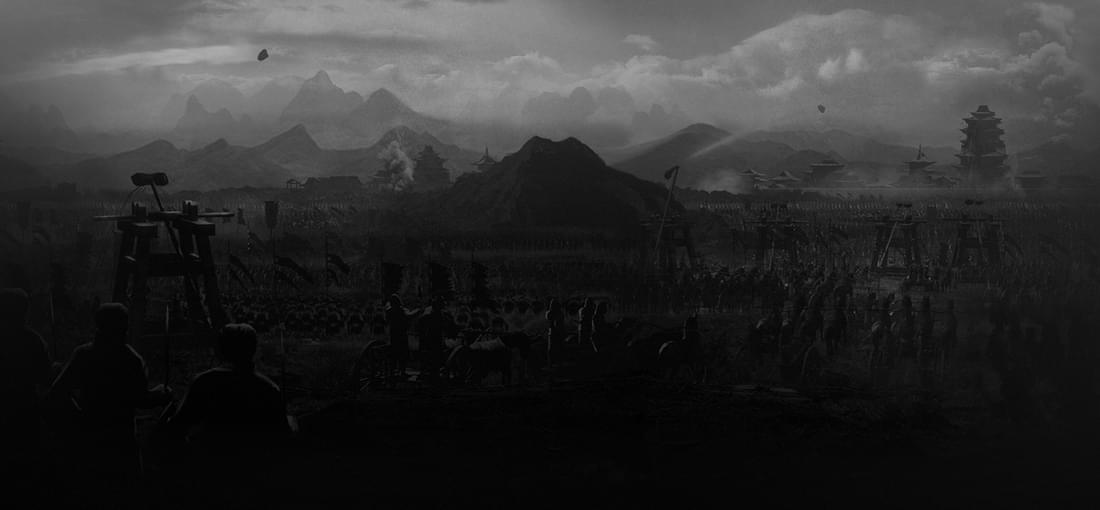
Set in Ancient China with an excellent BGM to immerse you in, Oriental Empires is closer to a grand strategy game rather than a 4X. The last X -eXterminate- is only one of the possible victory conditions, not THE only one! Honestly, it came close to be addictive. They hadn't insane means so it'll remain a four stars for me, especially since it sadly suffers from the main flaw of many strategy/4X competitors: at some point you follow the same development pattern for cities, until everything feels repetitive except combat. Combat is handled as a semi-auto resolution: anytime it starts you won't move your troops yourself, however they'll follow the battle plans and formation you set for them. Up to 8 troops can stack (regardless of type) in a single hex, but the largest battles can engage many hexes; that's were the magic works and is difficult to anticipate without practical experience. Zoom in at any unit's level to see how relevant each factor is: their starting position, whether they were ordered to move into battle formation or sit on the side before flanking, and so on. It's surprisingly more complete than what it looks at first glance, in a good way! Each city has a definite number of building slots depending how large the city is, but it can be founded on almost any hex of your choice. They can trade with each other by land or water, and generate income automatically as long as your buildings enable enough trade range, that the logistical route isn't interrupted by a foe "stepping" on it and that the trade partner is at least neutral. Natural resources or crafts (from buildings) can be included in such trading, and even contribute to countering unrest so no revolt happens. Managing court members and offices will play a huge part for your entire faction. It will have a nomadic or sedentary tradition, altering your way of providing food, research available, as well as your military units. All in all I found it very good, but not enough to be truly addictive!
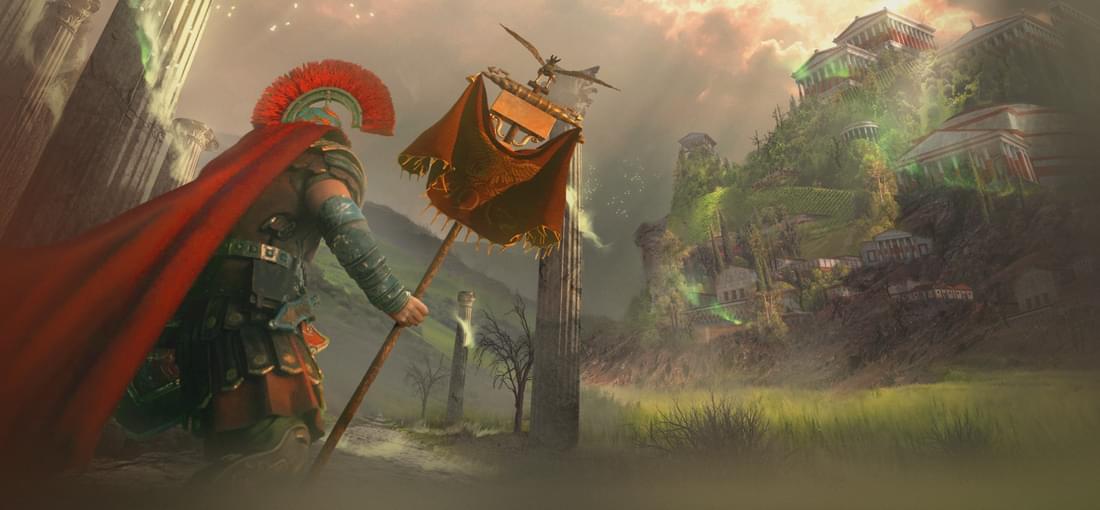
How many hours have I sunk into this game? Good thing Galaxy doesn't track hours played offline, I'd be appalled at myself otherwise! With a surprisingly complete (or complex?) approach, FOG:Empires is a grand strategy game which doesn't necessarily come to the full 4X genre - the last X for eXterminate is not an absolute necessity. Victory is defined by legacy, a points system that can be accumulated through culture-rich territories or some buildings including wonders. Culture, money, food or infrastructure are "resources" produced locally through the assigning of each region's population to work on them. You can switch their work area anytime or even form provinces to unite some resource pools and hasten the work, but the particular efficiency of food (to enlarge your local population) or infrastructure (used to build) is heavily tied to the type of region - a desert or alpine region sure won't produce as much food as a plain would! The culture/decadence system goes a long way towards keeping the game fresh; a ratio based on it allows for a ladder, determining whether you will or not accumulate tokens of progress or regress - making overexpansion likely to throw your nation ultimately into civil war, possibly causing the rise of rebels or even nations hostile to yours. The playable pool of nations is incredibly large; ethnics are important in determining your regions' loyalty to prevent revolts (hellenes don't mingle as well with germans as they do with celts for example), but also your building pool - most of them are shared like farms, but each ethnics have their exclusivities. A few nations even add extras restricted to their use, just as your government type do (a tribe, a city-state...). With the addition of nation-wide decisions ranging from developing a target territory to a global effort in producing more food, FOG:Empires really brings an excellent, diversified take on the turn-based strategy genre. The DLC steps up the difficulty; give it a try!
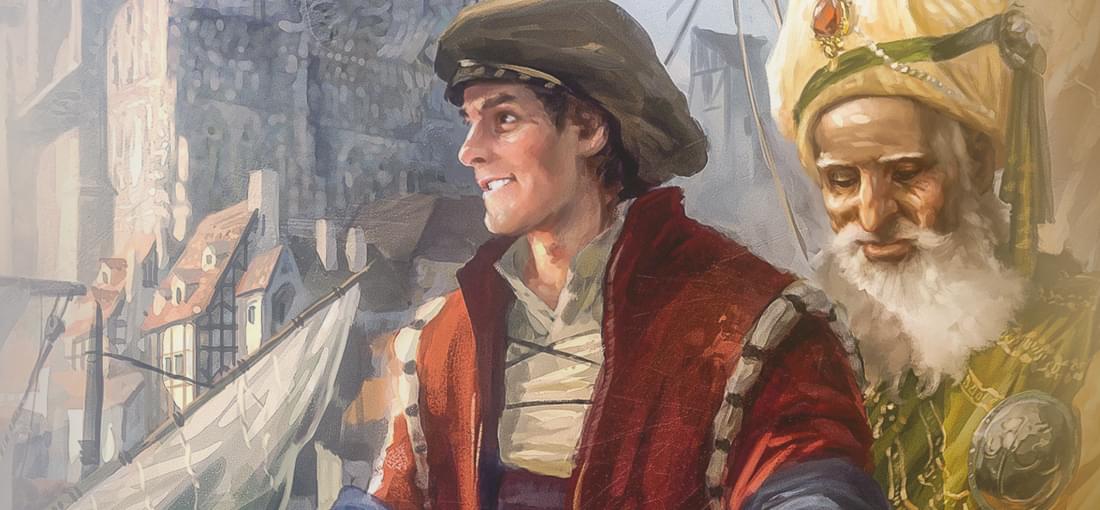
While it isn't the History Edition (which works without the memory limitation that was imposed back when the game released, AFAIK it's still restricted to Ubisoft's DRM on their platform) this original version is still playable for countless hours on end just as I did for many years - and damn, even today, it's still my favorite! The Anno series are primarily an economical simulation in which you establish your empire, with a real emphasis on logistics; most lines of production are straightforward with a few intermediary products, in a world made of islands with different fertilities spread out between the Western world and the Orient. Building is limited by zones of control, defined primarily by the warehouses and markets you build which prevent other players/AIs to build in your zones unless resorting to militaristic action. The militaristic side is rather poor; land units are organized as static camps with a limited range of action (they can move out but need time to set their camp before acting) though it prevents being left helpless with a rolling army overwhelming an island in seconds. Naval units on the opposite are straightforward - single ship with varying slots for extra gear to improve their performance, from better sails to a boarding crew to capture other ships. Your populations, be they from the West or the Orient, can live anywhere but have different needs which must be satisfied by bringing to their island the necessary goods. Revolts can happen if you don't provide, but doing so allows them to progress from ordinary peasants or nomads to nobles and emissaries. The iterations that followed felt lackluster to me compared to 1404, and while 1800 offers an impressive wealth of features, 1404's campaign introduces you to characters that bring a bit of an actual storyline to the game, while the scenarios really provide different takes on the gameplay (from having zero revenue in taxes to finding yourself in barren lands). Try it, it's well worth it!
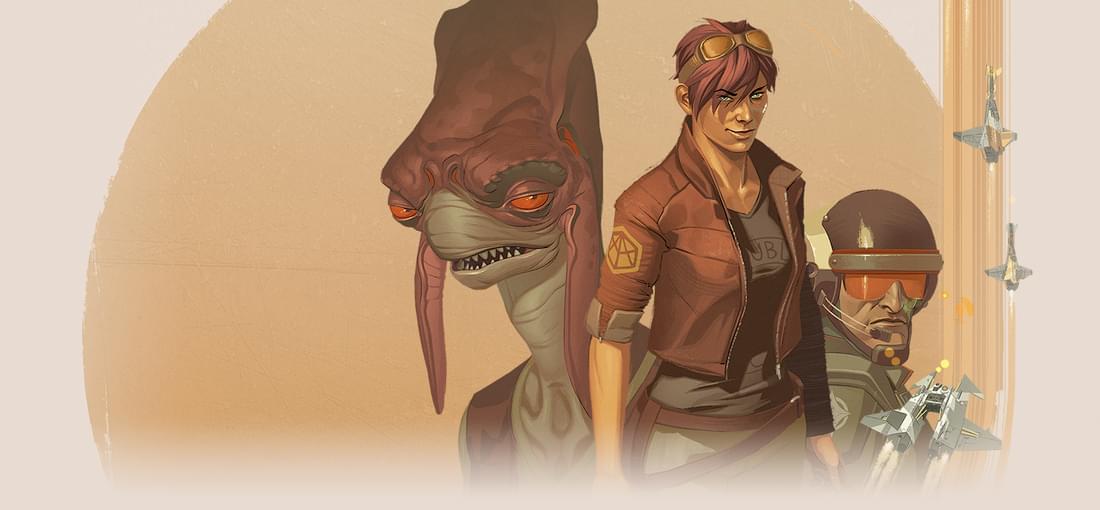
Rebel Galaxy Outlaw is a relaxing game that takes roleplaying elements, by incarnating Juno Markev and deciding yourself whether she should be a law-abiding citizen or engage in space piracy (or anything in-between), and mixes it with a space simulation. Now before yelling, yes, it doesn't feel as a complete space simulation - while many options are available and only ask to be assigned shortcuts to get it closer to the real deal, the game is made to be playable with (almost) only the mouse, so don't expect that terrible a challenge. That being said, where RGO truly shines is its ambiance. While the design in its essence remains simple and is accessible to a very wide audience, RGO immerses you into a world made of countless hues of grey, from lawful hard-working people to trigger-happy leeches. Your objectives will not always please either the cops either pirates, but you do what must be done so that Juno gets answers to the situation she found herself in. Don't expect a colossal, memorable storyline but it's satisfying enough, fits well the ambiance and the music is simply excellent! As simple as it was, I enjoyed playing the space trucker, slow-moving, harrassed by pirates, making the most of every window of opportunity as I couldn't escape, struggling with my risky deliveries only to improve my beast of burden's equipment - that, in order to take on even riskier deliveries, only to find out sometimes my target market isn't in a real need of my freight and offers an uninteresting deal. Now, while simple doesn't mean boring, the game may feel repetitive if you play too long in a day, which lowered the note for me. It takes a bit of grinding here and there to improve your equipment or purchase a new ship, but it'll entertain you nonetheless!
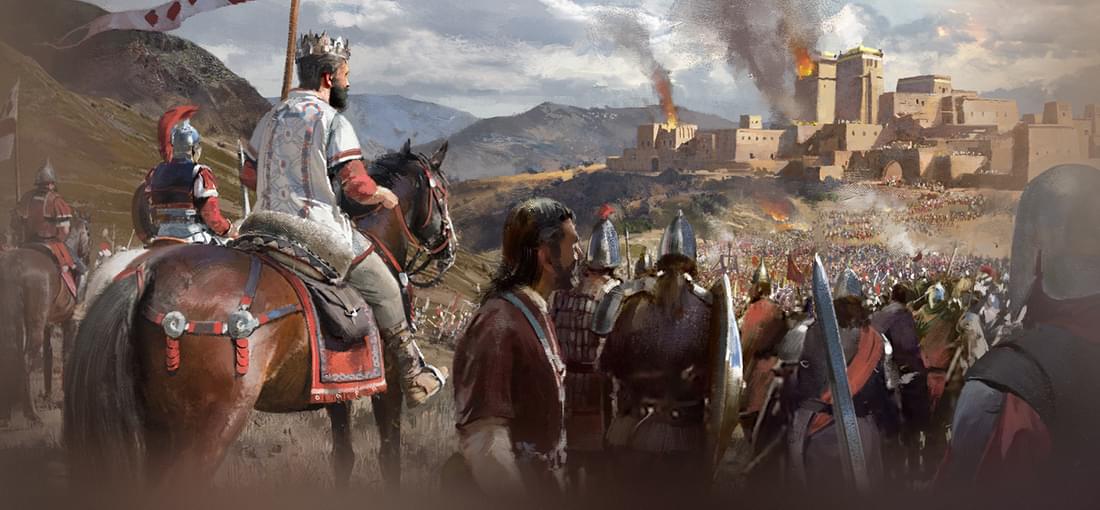
In the direct line of the 4X concept - eXplore, eXpand, eXploit, eXterminate - Old World invites you to build your empire by adding in several components to influence the output and stability of said empire. Mainly, the relation you have with the main figures of your empire, with the noble families as a whole, and with religions. Sadly for me, while I admit the base game is promising, the current product (which will probably change, it's still new at the time of writing) is too poorly balanced in my opinion, and lacks content beyond turn 80. In the beginning, everything is a challenge - never enough actions available, families are rarely friendly, and you never have enough money or resources. So far so good, but there come the two main liabilities in my opinion: the far too excessive focus on religion as a mechanic, and civics as a resource. Civics are used to pump out specialists or town projects, both being permanent additions to all productions. Since it's also used in electing governors (whom also increase your towns' outputs), laws, some missions and so on, civics are a critical resource which make a world of difference - such a difference that you can deal with every event to increase your legitimacy and build a bunch of world wonders. For religions, as said earlier relations work as a mechanic to the output and stability of your empire, in the form of events for characters (possible assassinations) and discontent or rebels for your towns, lowering their output or risking losing them if undefended. However religions influence families, nations, tribes, town discontent - so play their games, cajole them during their tantrums, and all that remains are character relations which don't have much of an influence, except the court vying for power. In the end, once you get your civics production up and act docile to religions, everything gets awfully easy and let you wage war without a worry. Enjoyable as-is, but the lack of balance won't keep you hooked for long!
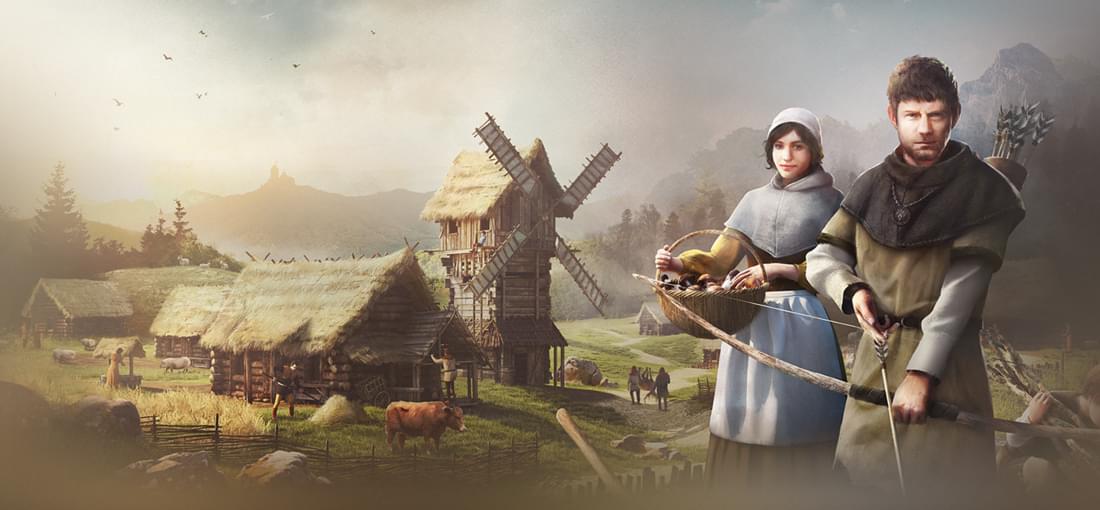
While I'd rate it 4 stars usually, I've had such a good time that I'm bringing it to 5. To begin with, Medieval Dynasty is a survival game. You can die of starvation, thirst, and the local wildlife will gladly feast on your entrails. Bandits won't bother asking for your purse, they go straight for your throat. Despite the dangers on the open, it's mostly peaceful; you won't get sudden, random spawns. They're only renewed (and change locations for bandits) with each new season, and with a bit of exploration you'll learn to make your own safe path to your favorite locations - mainly your village. The village building feature is rather complete; while you cannot fully edit in 3D a building, you can accomodate it with decorations, and the interaction of the many buildings with one another (miners for the smithy, hunters for the cook, etc) requires some planning. You'll have to manage the availability of food, water and firewood for your people so they survive (or at least don't leave your village), but also the tools for your workers and repair buildings. If you don't focus your eye on every graphic detail, it's a beautiful world. I built my village near a lake surrounded by woods, found a way to clip buildings in-between trees, cut a few to fit in fields & orchards. Also added a few pigs, chicken & geese on one end. Now, while it may be called Medieval Dynasty, I didn't explore this feature - there's nearly nothing to be done with your family. Besides, the development of your skills (and buildings availability) is based on whatever you're doing, so your time is spent elsewhere and it's very consuming. Some tasks will feel repetitive but that often happens with survival games, and while you can set anything up to be automated by your workers, your output is far superior to theirs (though they progress in skill over time). Overall, don't expect an intense action (unless trying to outrun a bear), but I've really enjoyed taking some time off in that peaceful valley!
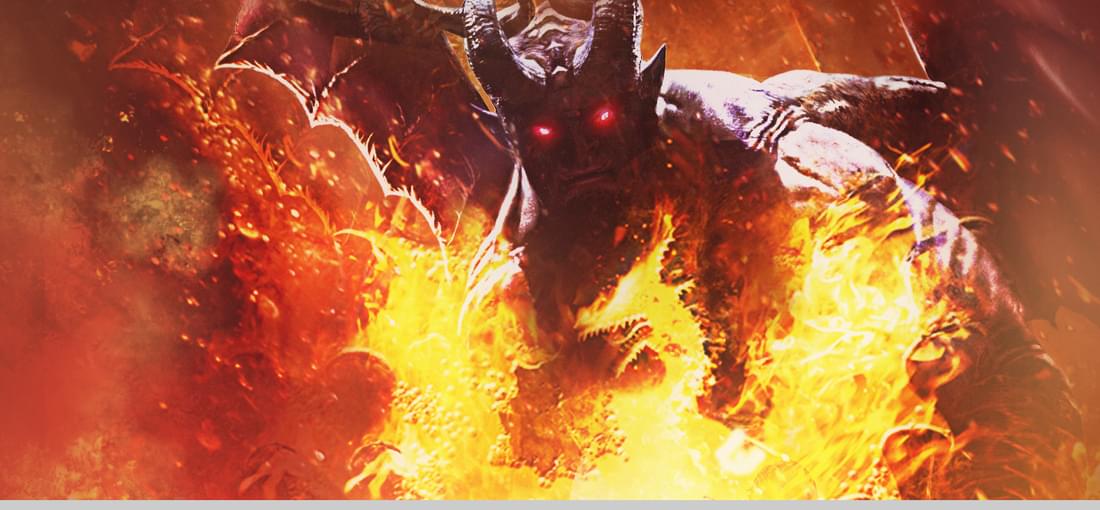
DDDA is the kind of game with a huge up, which is combat, and a bunch of details that bring its evaluation down for me. Short version is, leave your brain at the entrance, get in for fast-paced action (though lacking in fluidity in-between actions) and if that's all you care about, you'll have a blast. Let's start with the basics: it's a console port. Don't expect a friendly interface for mouse & keyboard, the GUI is not meant for PC. It takes patience to do any inventory management, and there's a LOT of it. Quest display on your map is terrible - only the objective you focused on in your journal will appear, secondaries on the way aren't. Graphics are starting to show their age. RPG-wise, it's the usual forgettable trope about being some nobody-turned-hero. I'm not even wasting time on that. At least you get a sense of progress and learning as "classes" progress in rating (level) as you play them and unlocks abilities for learning. You can also switch them at a small cost. Combat is great. Fast-paced, though clunky in a few areas (the grabbing/throwing range is terribly short). Magic on the other hand is immobile, when any trash can interrupt you. If you get controlled (staggers being common), the animation is terribly slow and leaves you vulnerable. Comboing does not exist, each action is independent. All skills consume stamina, but its regen is slow so you're dependant on consumables, which brings us back to the terrible inventory management. AI is downright awful. Remains idle half of the time, while your escort missions stand under bosses' feet if you're the melee sort. But stand too far, and your allies disengage. You can provide them with consumables but even mages jump in the middle of the pack for whatever reason. Open world is wide, mostly because of uneven terrain and sprinting consumes stamina. It's heavily time-consuming from travelling to objectives, and the day-night cycle make it a pain at night with a bunch of minibosses. Know what you're in!

From the makers of the Age of Decadence and the combat-focused Dungeon Rats, here comes a new Iron Tower Studios product in a complete different setting that is Colony Ship. This time around, although you can still swing a club at other primates, you also have at your disposal more "sophisticated" means coming in the form of different calibers to express your disapproval. Once more, you're thrown in a brutal world, which some would call unfair - yet considering the same rules apply to your character as well as those who oppose you, it's hard to make any fairer world than that. You are another nobody amongst the masses, a feeble meatbag with its own little set of ideas nobody could care about. There you set off in the dim light of a container area, for another day trying to scrape a living (or at least a survival) until you end up sooner or later feeding the organic recyclers. Let's say it clearly: the ITS products involve a tough learning curve. You're another clueless two-legged beast, not a mighty hero meant to save the whole expedition. New players will inevitably have a hard time, but that's also part of the fun: it takes more than snapping your fingers to get hooked on their combat system, which has been modified since AoD & DR. But if you're willing to learn, you're in for a real treat and will soon understand that despite falling under the same rules while being often outnumbered, your set of feats, your consumables, your gear, the use of cover, melee, and aimed attacks strike the difference between the one who feeds, and those who are fed to the recyclers. And if you'd rather learn more about this world as well as its inhabitants, just like AoD there are ways to make your way through talks, negociations, manipulation, and threats. It takes specialisation to stay alive. Keep in mind it's still in early development; a lot remains to be seen, some adjustments are expected. Still I wholeheartedly recommend it as-is, and have expectations for the full release.